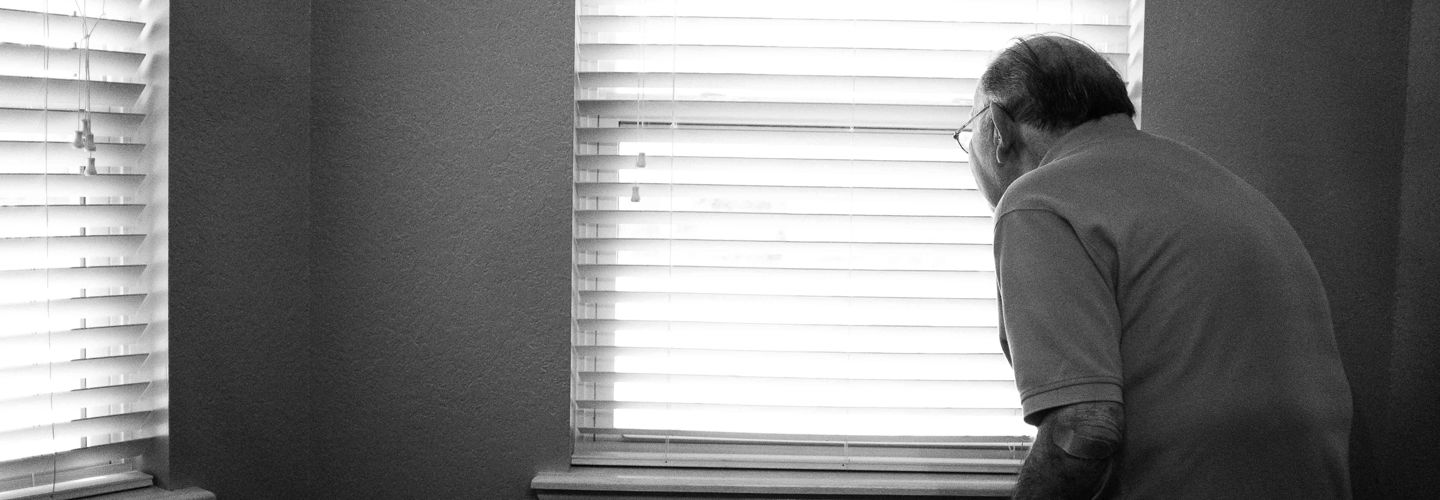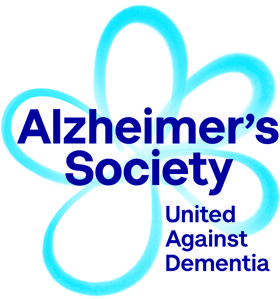
What is Sundowning? Behaviour Changes with Dementia
Published: 14/09/2023
What is Sundowning? Behaviour Changes with Dementia
Dementia is a complex and challenging condition that affects millions of people worldwide, gradually eroding cognitive functions and independence. As dementia progresses, individuals often experience a range of behavioural changes that can be distressing for both them and their caregivers.
One particularly puzzling phenomenon associated with dementia is sundowning. In this article, we will explore what sundowning is, its common characteristics, potential causes, and strategies for managing this challenging aspect of dementia care.
Understanding Sundowning
Sundowning, also known as sundown syndrome or sundown phenomenon, refers to a pattern of behavioural changes and increased confusion that occurs in the late afternoon or early evening and continues into the night. It is most commonly observed in individuals with dementia, particularly Alzheimer's disease, but can also affect those with other forms of cognitive impairment.
Common Characteristics of Sundowning
Sundowning can manifest in a variety of ways, and its symptoms may vary from person to person. Some common characteristics of sundowning include:
Agitation and Restlessness
Individuals with sundowning may become agitated, anxious, or restless during the late afternoon or evening hours. They may pace, fidget, or express a sense of unease.
Confusion and Disorientation
Sundowning often leads to increased confusion and disorientation. Individuals may have difficulty recognizing familiar people or surroundings, making them feel lost or anxious. While they might have had a positive demeanour throughout the day, by the early evening, their mood shifts as they become confused and anxious.
Mood Swings
Sundowning can trigger mood swings, causing individuals to become irritable, angry, or upset without apparent reason. These emotional changes can be challenging for caregivers to manage.
Hallucinations and Delusions
In some cases, sundowning may be accompanied by hallucinations or delusions, further adding to the individual's distress. Once a person’s dementia has progressed to the point of hallucinations and delusions, it is important that they have proper supervision.
Sleep Disturbances
Sundowning can disrupt sleep patterns, making it difficult for individuals to fall asleep or stay asleep throughout the night. Poor rest can then make their symptoms worse, which leads to a circular pattern. This is one reason that identifying and addressing sundowning as early as possible can result in improved health outcomes for the patient.
Potential Causes of Sundowning
While the exact cause of sundowning is not fully understood, several factors may contribute to this phenomenon:
Biological Clock Disruption
Changes in the internal biological clock, which regulates the sleep-wake cycle, may play a role in sundowning. Disruptions in this circadian rhythm can lead to increased confusion and restlessness in the late afternoon and evening.
Fatigue and Overstimulation
Individuals with dementia may become fatigued or overstimulated during the day, making them more susceptible to sundowning in the evening. While stimulation may help to a certain degree, there is a limit to how much a person can handle throughout the day. Monitoring activities and ensuring they don’t become overstimulated during the day might help.
Low Lighting and Shadows
Reduced lighting and the appearance of shadows in the evening can create visual illusions, leading to increased confusion and fear. Paying close attention to the lighting in the home may help to alleviate some of their fears and confusion.
Medications
Certain medications or changes in medication schedules may contribute to the development of sundowning symptoms. Those with dementia will need support in making sure they take their medication at the same time every day.
Managing Sundowning
Caring for someone experiencing sundowning can be challenging, but there are strategies that can help:
Establish a Routine
Maintain a consistent daily routine to provide structure and predictability, which can help reduce anxiety and confusion.
Ensure Adequate Lighting
Well-lit environments in the evening can minimise visual illusions and promote a sense of security. Ensuring good access to natural light during the day will also help to promote a healthy circadian rhythm.
Limit Stimulants
Reduce caffeine and sugar intake, particularly in the late afternoon, to prevent overstimulation. Removing stimulants entirely might be a better option to avoid
Encourage Physical Activity
Engage in light physical activity during the day to reduce restlessness and promote better sleep at night.
Calm and Soothing Environment
Create a peaceful atmosphere in the evening with calming activities, such as listening to soft music or practising relaxation techniques.
Medication Review
Consult with a healthcare professional to review and adjust medications if they may be contributing to sundowning.
Seek Support
Caregivers should seek support from healthcare professionals, support groups, and respite care services to prevent burnout.
Conclusion
Sundowning is a challenging and often distressing aspect of dementia that affects both individuals with cognitive impairment and their caregivers. While its exact cause remains unclear, understanding common characteristics and potential contributing factors can help in managing and mitigating its effects.
By establishing routines, creating a calming environment, and seeking support from healthcare professionals and support groups, caregivers can better navigate the challenges of sundowning and provide the best possible care for their loved ones with dementia.
If you're concerned about a loved one's health or wellbeing, we can arrange a home visit to determine if daily personal care or live-in care could give your loved one the support they need to continue living independently.
If you'd like to explore the possibility of introducing a carer or even a simple companionship visit to your home, get in touch with our friendly team today. We care for people in Camden, Hampstead, Golders Green and surrounding areas.
Our friendly and supportive team can be reached by calling on 0203 921 1111 or by emailing us at camden.hampstead@rightathome.co.uk

